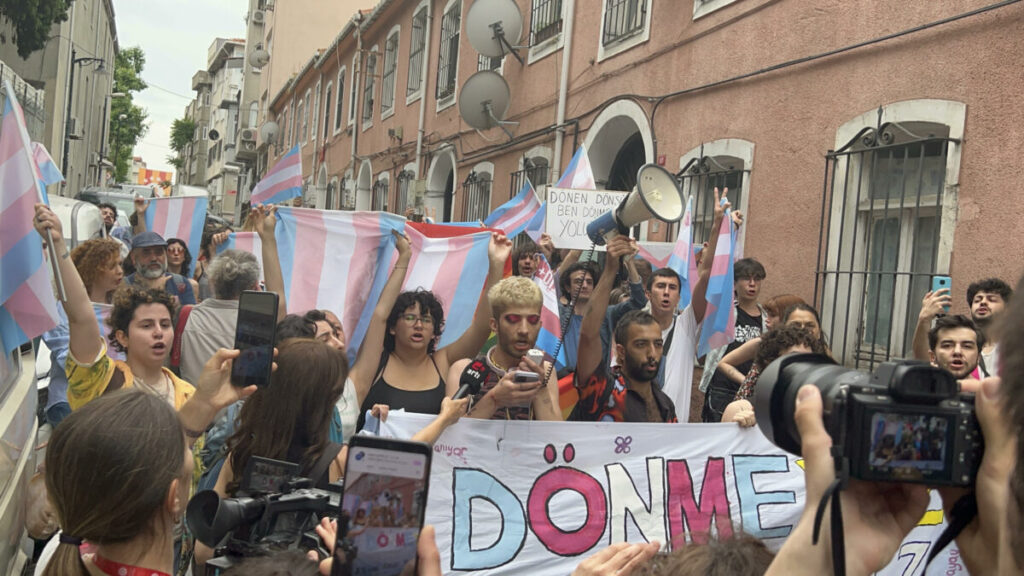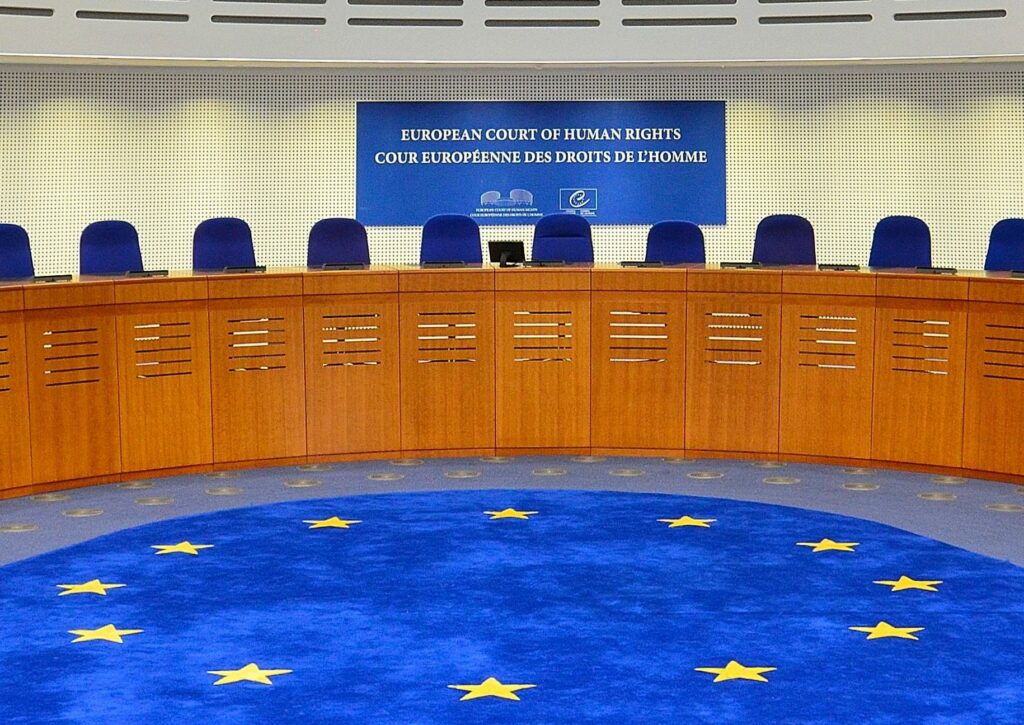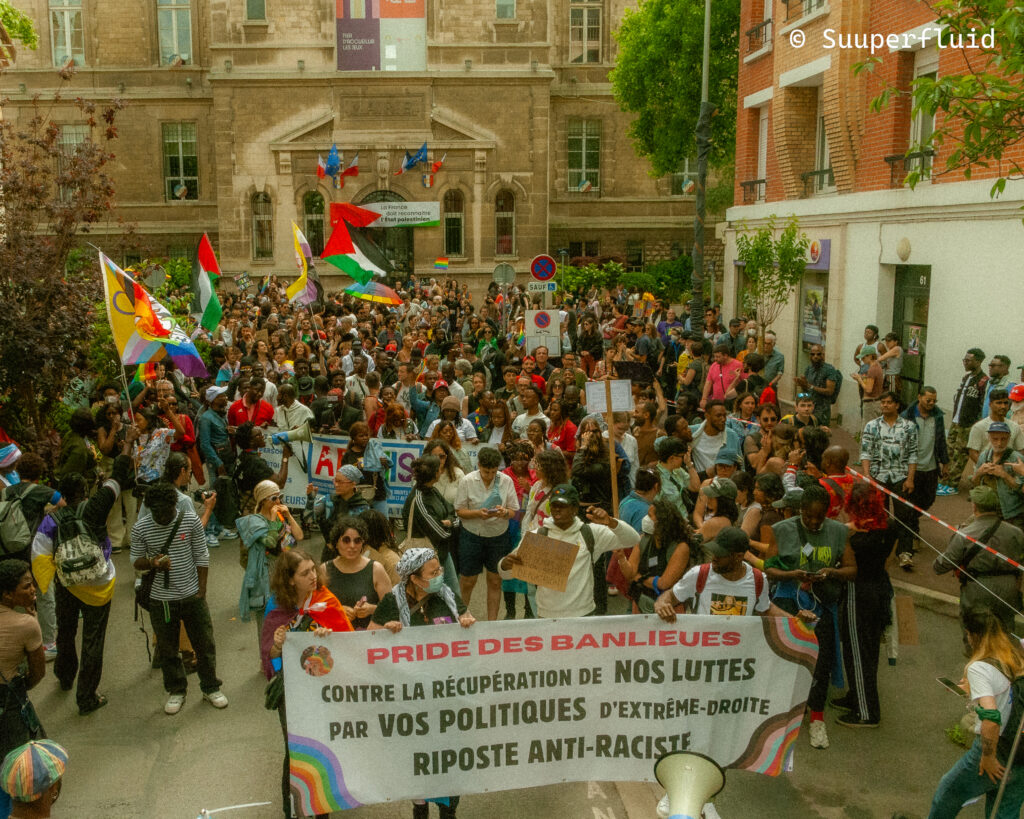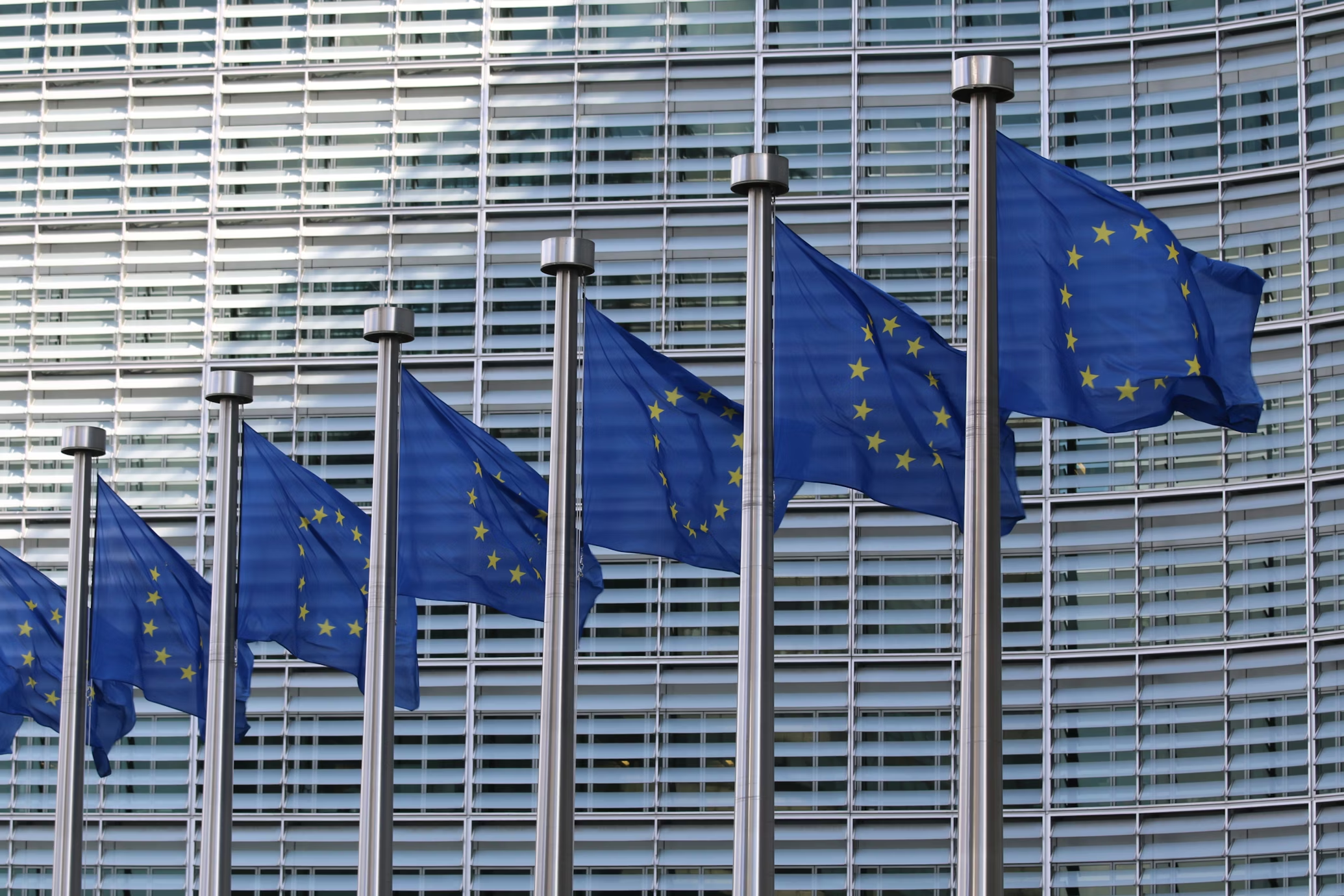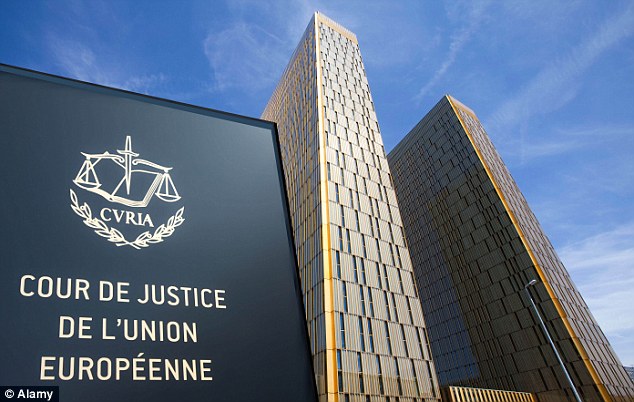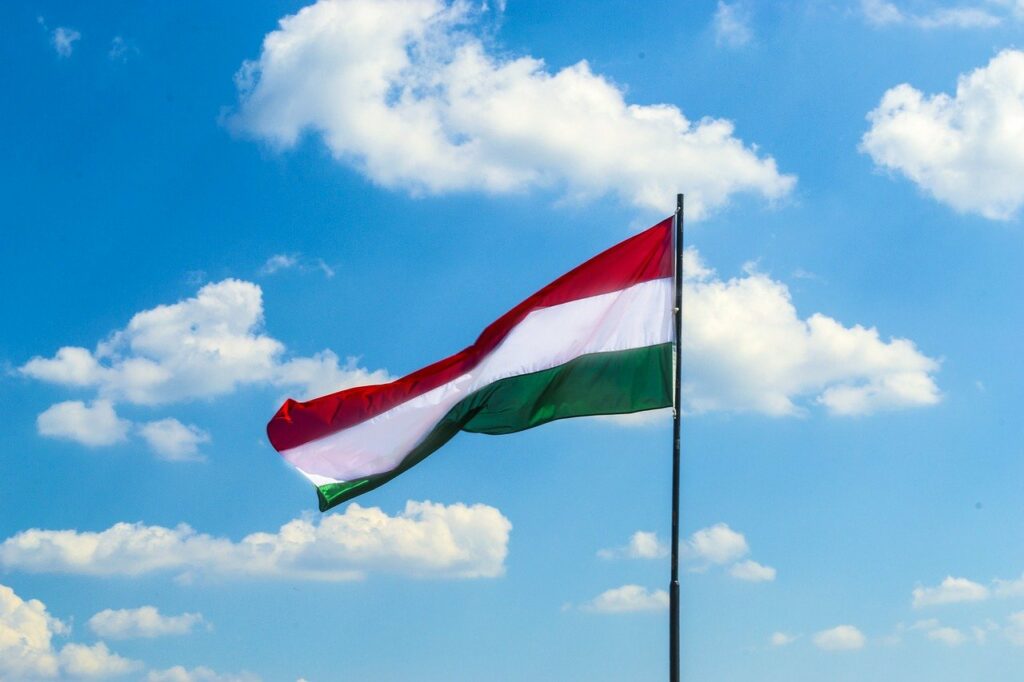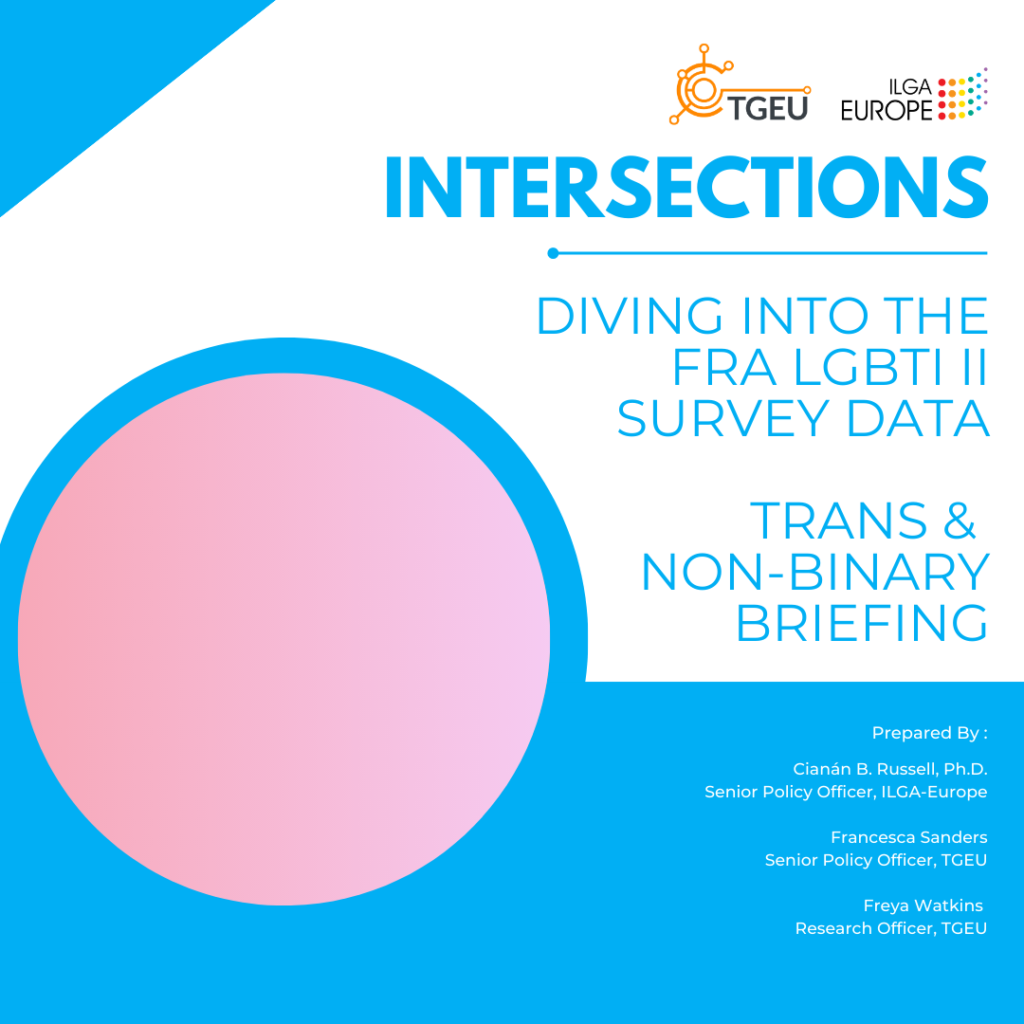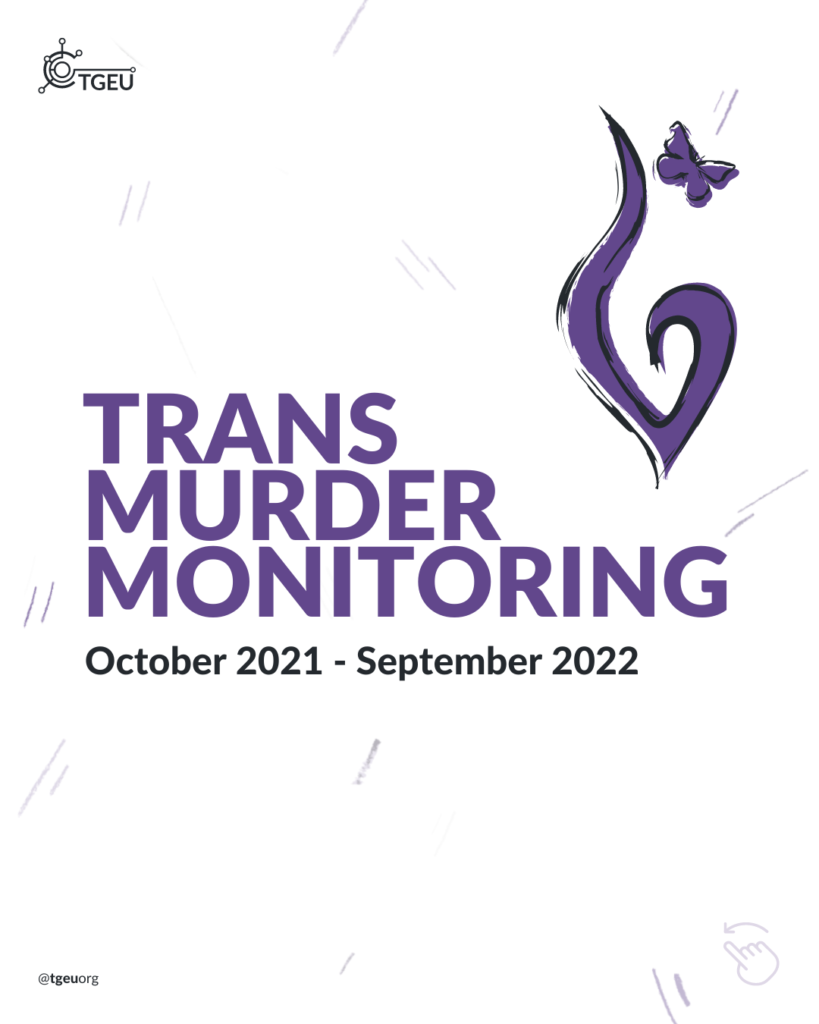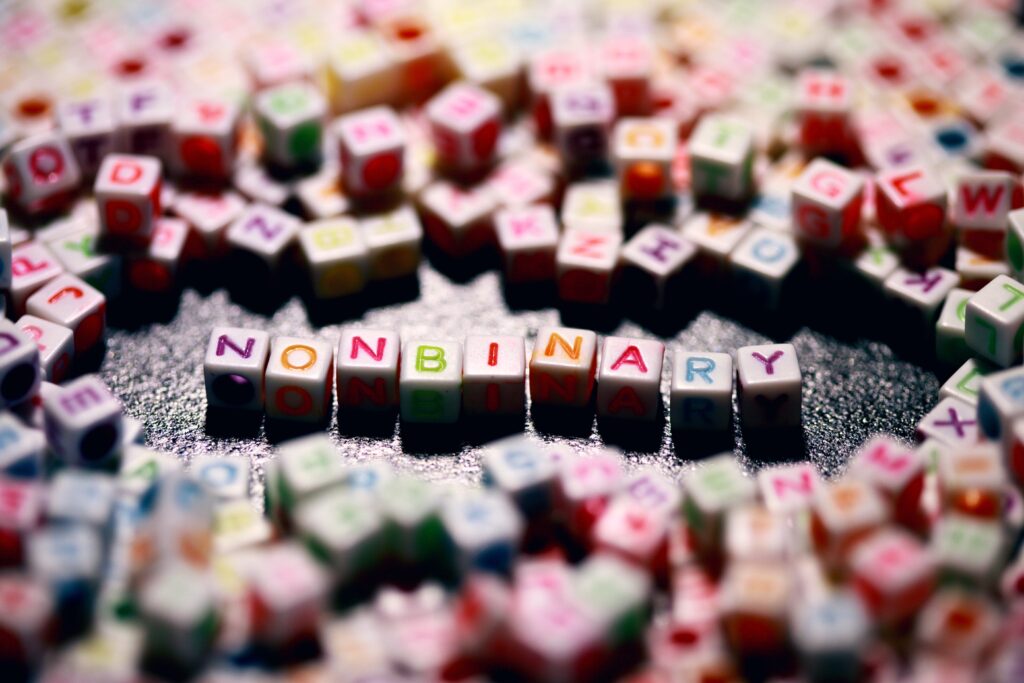A new roadmap for advancing the human rights of trans and non-binary people

A brand new Issue Paper from the Council of Europe on Human Rights and Gender Identity and Expression not only sheds light on the challenges faced by trans and non-binary individuals across Europe and beyond, but also serves as a comprehensive tool for advocacy activism
The Council of Europe (COE) Commissioner for Human Rights, Dunja Mijatović, has released a new Issue Paper which thoroughly examines the challenges faced by trans and non-binary people across Europe. The Paper includes a wide range of insights, recommendations and analysis, offering a comprehensive overview of the landscape of the rights of trans and non-binary people in Europe and beyond.
The Paper includes 15 recommendations aimed at policymakers, legal professionals, civil society organisations, and other stakeholders, providing a clear roadmap for advancing the human rights of trans and non-binary people. These recommendations cover a wide range of demands activists have had for decades and cover a spectrum of directions, from fundamental reforms in legal recognition procedures, such as the removal of diagnosis and sterilisation requirements, to policy changes aimed at fostering greater inclusivity and respect for gender diversity, such as the call for the inclusion of non-binary gender markers on identity documents.
A dynamic new tool for change
This paper signals a renewed commitment of the COE to protecting the rights of trans and non-binary individuals, however, it is much more than that. It’s also a dynamic tool that provides a roadmap for advocacy efforts for legislative change. The 13 sub-chapters within the paper offer comprehensive analyses and recommendations, serving as robust advocacy tools in themselves, under these helpful headings:
• Enjoyment of human rights
• Equality and non-discrimination
• Gender identity and gender expression conversion practices
• Legal gender recognition
• Violence, hate crimes and hate speech
• Detention
• Family life
• Education
• Sport
• Employment
• Poverty and housing
• Healthcare
• Sanitation
• Asylum
Each sub-chapter is equipped with a wealth of references to human rights instruments, various studies, and laws, providing a solid foundation for advocacy work.
Let’s take recommendation No ’8 as an example:
Ensure that national laws prohibit discrimination due to gender identity and gender expression in all decisions relating to family life, including birth registration rules, custody, adoption and access to assisted reproductive technologies. When birth registration systems are gendered, trans people should be registered as parents in accordance with their gender identity, and alternative systems should continue to be explored to reflect the growing diversity of families.
Activists who have work on family rights for trans and non-binary people among their advocacy goals can go to chapter 2.6 in the paper, entitled Family Life. There are three subsections in the chapter: Parenthood, Parental status, and Trans families across borders. Each has references to case law or legal drafts and represents the Commissioner’s selection of arguments and resources that are most beneficiary to the cause.
In total, the paper includes 269 references, linked throughout. This not only demonstrates the depth of research underpinning the Issue Paper but also serves as a testament to its credibility and relevance in advocacy activism.
Powerful trans-inclusive terminology
The Paper also introduces a strong range of trans-inclusive terminology, ranging from “gender fluidity” to “non-binary identities,” thereby contributing to the normalisation and visibility of marginalised experiences. By embedding such terminology within a human rights framework, the paper not only validates the lived experiences of gender minorities but also challenges societal norms and stereotypes.
Consider the term “self-determination”, a concept prominently featured in discussions surrounding Legal Gender Recognition. This term, while commonplace in LGBTI activism discourse, holds profound implications for trans and non-binary individuals seeking autonomy over their gender identity. By unpacking such terminology within the Issue Paper, activists are equipped with the language and concepts necessary to articulate their demands and navigate legal and policy frameworks.
The importance of recognition
While LGBTI activists are intimately familiar with the gaps in trans and non-binary rights, it is of great importance that they are recognised and shed light upon in a forward-thinking paper from a human rights institution of such great influence, giving them further visibility across other movements and audiences. Through its comprehensive research, inclusive terminology, and actionable recommendations the Issue Paper on Human Rights and Gender Identity and Expression has every chance of contributing to our collective action in the advancing human rights of trans and non-binary people.
You can read the Issue Paper on Human Rights and Gender Identity and Expression here

